Victor Classic Professional Formula All Life Stages Dry Dog Food
For years, Victor Professional Dry Dog Food has been used by professional dog breeders, kennels and owners of active sporting dogs. This nutrient-dense, multi-protein formula is an excellent choice for growing puppies, pregnant and lactating females, and high-performing dogs. with scientifically advanced and nutritionally complete ingredients, Professional promotes sustained energy and healthy immune and digestive systems. VICTOR Professional for Dogs is formulated to meet the nutritional levels established by the AAFCO Dog Food Nutrient Profiles for All Life Stages, including growth of large size dogs (70 lb. or more as an adult).
For years, Victor Professional Dry Dog Food has been used by professional dog breeders, kennels and owners of active sporting dogs. This nutrient-dense, multi-protein formula is an excellent choice for growing puppies, pregnant and lactating females, and high-performing dogs. with scientifically advanced and nutritionally complete ingredients, Professional promotes sustained energy and healthy immune and digestive systems. VICTOR Professional for Dogs is formulated to meet the nutritional levels established by the AAFCO Dog Food Nutrient Profiles for All Life Stages, including growth of large size dogs (70 lb. or more as an adult).
- Nutrient-dense dry dog food recipe made with premium-quality beef, chicken and pork meals
- Excellent for dogs of all life stages, including growing puppies and pregnant and lactating females
- Provides sustained energy for sporting dogs and dogs with high physical demands
- Promotes healthy immune and digestive systems
- Fortified with vitamins, minerals, essential fatty acids, protein and amino acids
- Made from gluten free grains
- Created with our proven VPRO Blend of ingredients an exclusive mix to promote superior digestibility, immune system function, and healthy skin and coat
Additional information
| Country of Origin | Made in USA |
|---|---|
| Breed Size | Extra Small, Small, Medium, Large, Extra Large |
| Flavor | Beef |
| Health Features | General Wellness, Performance & Working Dog, Metabolism Health, Immune System Support, Digestion Support, Skin & Coat Health |
| Life Stage | All Life Stages |
| Special Diets | Wheat Free, With Grain, Probiotics, Soy Free, Gluten Free, AAFCO Formulated, Prebiotics, Corn Free |
| Manufacturer Part Number | 2350 |


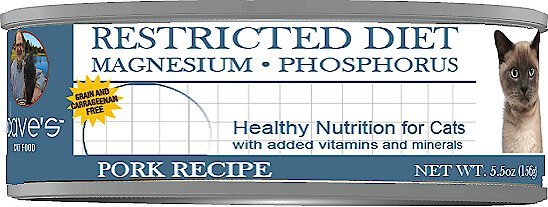
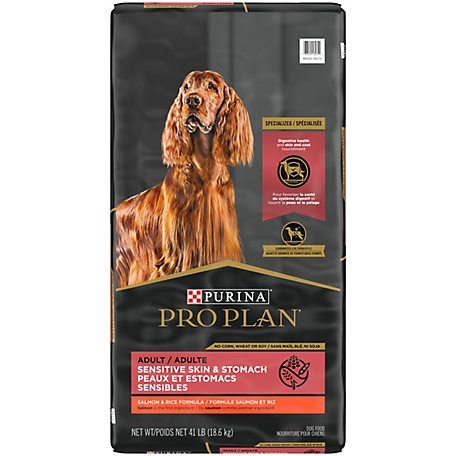
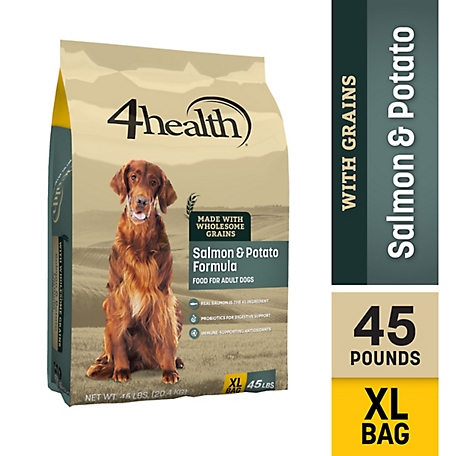
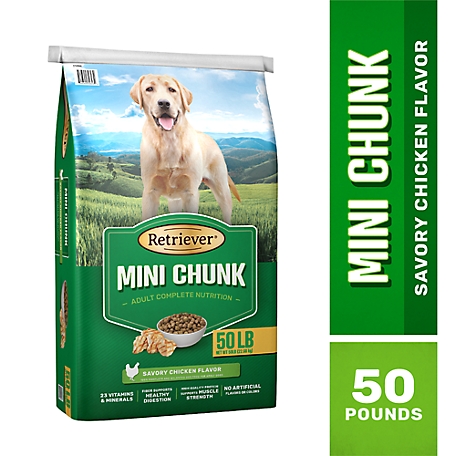
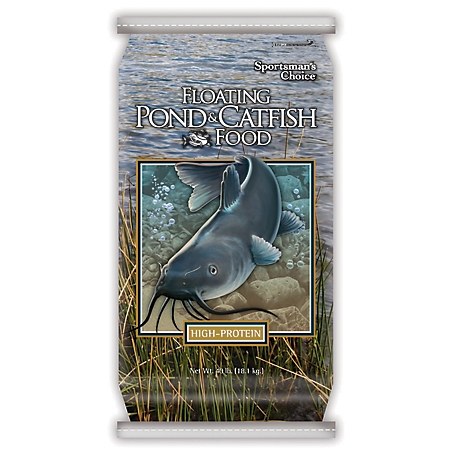

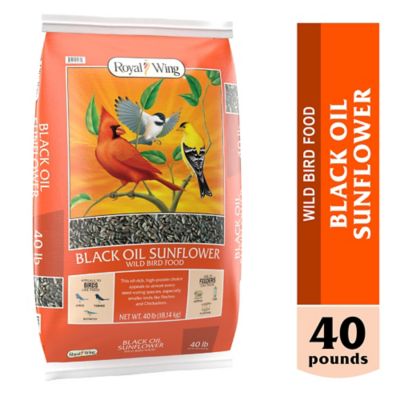
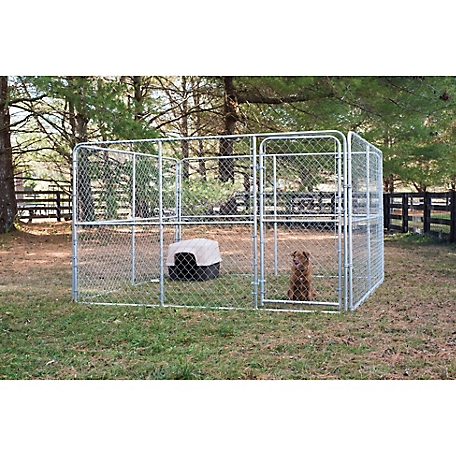
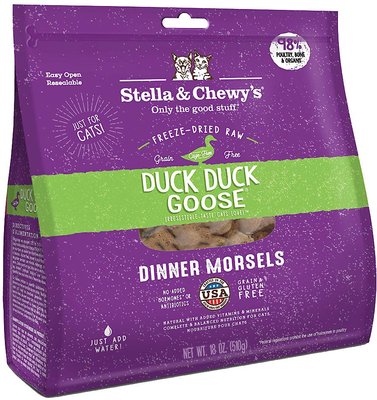
by Adolph
Best complete nutrients for muscle and energy
by Smith
My dog seems to like it. However it has made the yeast overgrowth worse.
by Usama
Victor is a Rock Solid product,a USA based company,USA sourced ingredients, and Zero Recalls to my knowledge to date,I come from an animal medical background, and a Service, Background, It’s truly a comfort to know an American Company, Americans employed and a firm stand on Quality and Q.C exist, my K9’s are Direct Offspring of current Working officers protecting and serving.,my Dog’s are healthy, athletic,,I couldn’t ask for more.they like the food too, which as we all know doesn’t always happen that way, when it’s healthy it,,doesn’t always taste the best, but the k9’s thrive on it,,I wasn’t going to give a review as I know that it’s a Quality product, Victor is a Known amongst people, Breeders, who care what their companions eat.
by Mandy
Have been using this dog food since rescuing two great Pyrenees/anatolian shepherd pups four months ago. They love the food and Victor foods are suitable for all ages so I don’t have to worry about switching to adult food in the future. I highly recommend this product!
by Reaper
My dogs do great with this. Good coats. Maintains proper weight. As reasonable in price for quality food.